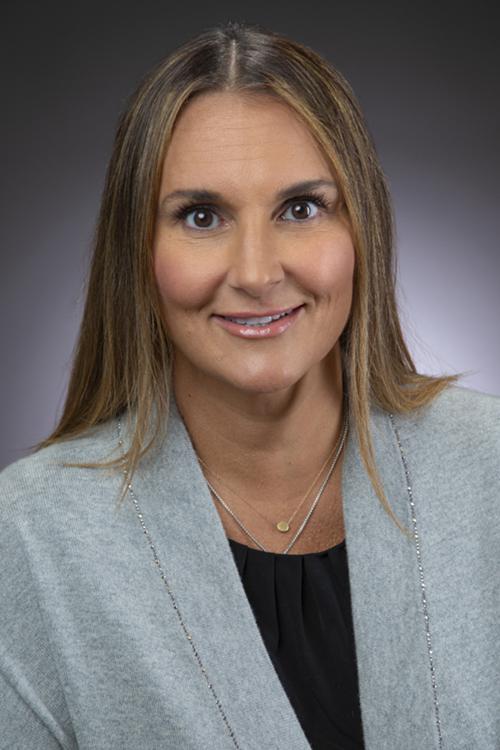When you hear the word “heart disease,” you may think it’s a single condition. But in reality, there are more than 30 different types of heart disease. There are also just as many types of heart surgery.
The heart is complex. It’s literally at the heart of everything the body does, responsible for moving oxygenated blood and nutrients throughout the body.
When something goes askew with the heart, treatment is a necessity. In some cases, treating a heart condition may be as simple as taking medication. But in others, heart surgery is required to resolve the issue and keep the heart functioning at its best.
What types of heart surgery are available at Georgia Heart Institute?
When heart surgery is necessary, you want the peace of mind of knowing that you can receive the care you need, close to home. Georgia Heart Institute is close by to provide you with that peace of mind.
The institute offers a comprehensive heart surgery program, providing all types of surgery aside from heart transplant. Available heart procedures include:
- Heart bypass. This procedure, commonly known as CABG or coronary artery bypass grafting, involves using a healthy blood vessel from somewhere in the body to bypass a blocked or narrowed artery in the heart. A bypass helps restore normal blood flow to the heart.
- Heart tumor removal. Most cardiac tumors are noncancerous, but removal is the best option. Surgery can be used to remove either noncancerous or cancerous heart tumors.
- Heart valve repair or replacement. Surgeons at Georgia Heart Institute can perform multiple types of heart valve repair or replacement, including procedures for the aortic valve, the mitral valve, and the tricuspid valve. Repair is the preferred option and involves fortifying the existing valve to fix stenosis, prolapse, or regurgitation.
- ICD or pacemaker implantation. Pacemakers and ICDs are both used to help treat an arrhythmia, which is a heart rhythm abnormality. A pacemaker senses when the heart beats at the wrong speed or gets out of rhythm and sends an electrical signal to fix the rhythm. An implantable cardiac defibrillator, on the other hand, senses an abnormal rhythm and sends out a shock to restore a normal rhythm.
- LVAD. Patients who are experiencing late-stage heart failure may benefit from the implantation of an LVAD, or a left ventricular assist device. This device, once implanted, helps the lower chambers of the heart pump blood effectively to the rest of the body.
- Maze. The Maze procedure is used to treat atrial fibrillation, a common but potentially life-threatening heart rhythm abnormality. During the procedure, scar tissue is created in a maze pattern in the upper heart chambers, which stops the electrical currents keeping the heart out of rhythm.
- Septal myectomy. This procedure is used to treat hypertrophic cardiomyopathy. This condition causes the muscle in the heart to thicken over time, which can cause discomfort, heart failure, and even sudden death. Septal myectomy removes a portion of the septum (the wall between heart chambers) to thin it out and allow for easier blood flow to and from the heart.
Is robotic heart surgery an option for all types of heart surgery?
Each of the procedures outlined above can be performed as a traditional open surgery, through a minimally invasive procedure, and robotically.
Robotic heart surgery is not always an option for every patient in every case, but it is increasingly an option for many people. This type of surgery offers a less invasive way of treating a heart condition, offering patients many benefits, including a faster recovery time and a lower risk of complications.
Talk with your surgeon about the type of heart surgery that’s best for your specific needs. He or she can provide personalized guidance that’s suited for your health and the condition you’re treating.
Next Steps
When your heart’s at stake, you can depend on the experts at Northeast Georgia Physicians Group Cardiovascular & Thoracic Surgery and Georgia Heart Institute. The cardiothoracic surgery team is here to guide you to better heart health, during surgery and beyond. Call (770) 219-7099 to learn more.



